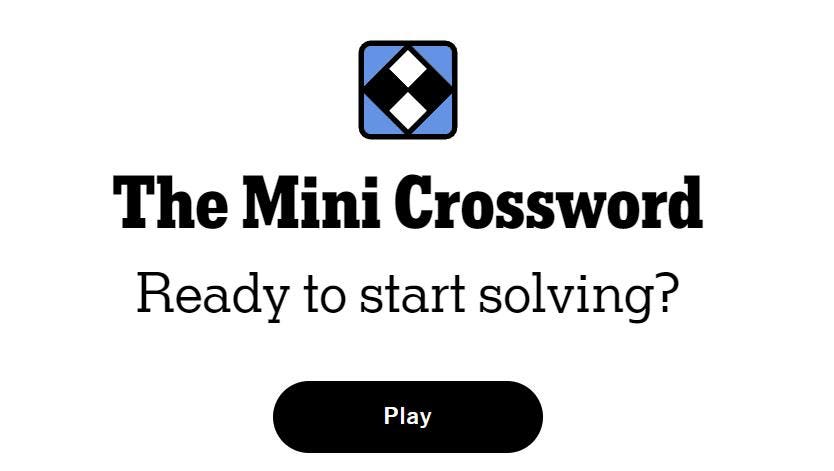When your partner is checked out, it’s not necessarily “boredom.” It may be their subtle way of crying out for safety, connection and reassurance.
getty
Boredom is a quick to be misunderstood emotion in intimate relationships. It’s easy to think a disconnected partner is bored or apathetic. But in all honesty, what looks like boredom frequently conceals something much more complex: an overarching need for security.
This is not speculation. Attachment theory, neurobiology and research on stress all point to the notion that human beings care most about feeling emotionally safe in relationships than anything else. When this sense of safety is subtly threatened, behaviors can change in ways that outwardly resemble disengagement.
Here are three reasons your partner’s boredom may have nothing to do with you. It could be their unconscious method of indicating they require safety and reassurance so they can be present fully.
1. Boredom As A Protective Mechanism
Boredom can be a form of emotional withdrawal, a highly documented defense strategy that emerges in stressful relationships. Emotional withdrawal isn’t always a sign of lack of interest. Instead, it’s a coping mechanism the brain employs to protect itself when relational danger is sensed.
From a neurobiological point of view, the amygdala (the brain’s danger-detection center) misinterprets tension, criticism or unpredictability as threat. In response, the nervous system triggers the body’s stress pathways, such as the hypothalamic-pituitary-adrenocortical (HPA) axis, to prepare for fight, flight or freeze.
In intimate relationships, this “freeze” tendency tends to show up as disengagement or apparent boredom. By backing away emotionally, the partner’s nervous system is basically communicating, “I need to reduce physiological arousal to feel safe.”
Current studies clarify the reasons why this occurs. In one study of 190 young couples, researchers discovered that people who usually used social support as a way to deal with relationship stress actually had more physiological reactivity to stress, as indicated by increased cortisol levels, during discussions with their partner about conflicts. The same pattern emerged when either partner had a strong need for emotional support: both experienced heightened physiological stress during moments of disagreement.
This finding complicates the idea that seeking support is always adaptive. When a partner already feels unsafe or emotionally overextended, even well-intentioned bids for closeness can trigger physiological distress.
In these moments, withdrawal becomes a biological form of self-regulation. So, instead of interpreting boredom or emotional distance as a lack of care in these situations, it can be more accurate to see it as the body’s language of self-preservation; a pause to manage stress rather than an ending of interest.
To apply this in practice, fight the urge to argue or “wake them up” when you catch your partner needing some space. Rather, demonstrate safety through calm presence. To listen without judgment, to soften your tone and to accept that conflict can be overwhelming — assist in re-establishing physiological balance. Sometimes the most connecting thing you can say is simply, “I’m here, and we can slow down.”
2. Boredom As A Search For Predictability
Human beings are hardwired to crave predictability. The brain reacts to uncertainty with increased vigilance, firing up the same stress pathways employed to find physical threats. Within relationships, inconsistency (whether in emotional tone, communication or routine) has the gradual effect of wearing down a sense of safety.
If a partner seems bored or checked out, it might indicate an unconscious process to regain internal structure amidst relational uncertainty. Such “behavioral boredom” is usually a form of withdrawing into routine or doing something emotionally neutral. Psychologically, these acts are a self-comforting mechanism that enables the nervous system to stabilize before continuing.
Longitudinal research on couples supports this interpretation. Over five years of observation, researchers found that partners higher in attachment avoidance became more disengaged when they perceived conflict as destructive or when their partner displayed strong negative emotion. This withdrawal was context-dependent. The more unpredictable or affectively intense the interaction, the stronger the avoidant partner’s need to retreat.
Additionally, the brain’s reward system, which is controlled by dopaminergic systems, operates optimally in a world of moderate novelty and reliable safety. When interactions are perceived as uncertain, these systems downregulate, resulting in emotional numbness and decreased participation. In this light, “boredom” is not a withdrawal of affection, it’s a recalibration process; the body’s method of returning to baseline before moving towards connection again.
A practical tip here would be that instead of interpreting your partner’s boredom as disinterest, consider it a signal for safety and structure. Establish small, predictable relational rituals, perhaps a nightly check-in, a shared morning coffee or a weekly walk, that communicate reliability and emotional steadiness. Predictability lowers vigilance and signals that engagement is safe, gently inviting your partner out of their “withdrawal zone” without pressure or criticism.
3. Boredom As Space To Process Internal Anxiety
At times, what appears to be boredom is often just a nervous system that’s bogged down with internal noise. Your partner’s seeming disconnection might be less about you and more about emotional bandwidth used in stress, anxiety or lingering worry. When one’s mental load increases (be it from work, health issues or relational tension,) the brain allows self-regulation to take precedence over connection.
Research on relational turbulence and demand/withdrawal patterns in couples experiencing depressive symptoms offers a powerful perspective here. The study found that when partners experienced relational uncertainty or felt interference from their partner, they often responded by withdrawing emotionally. This wasn’t due to indifference; it was a way to manage internal distress and re-establish psychological stability.
This mechanism is consistent with what researchers call maintaining a “window of tolerance.” We are able to feel and be with our emotions within this window without becoming dysregulated. However, when we go beyond our threshold of stress, the nervous system attempts to downregulate, naturally.
Disconnecting, zoning out or looking “bored” are methods of reducing the levels of arousal back to a more manageable place.
So, instead of meeting perceived boredom with irritation or protest, try gentle curiosity. A simple, calm observation like, “You seem a little distant, would you like to talk about what’s on your mind?” can open a safe space for reconnection. Even if your partner isn’t ready to share, your steady presence communicates emotional safety, signaling to their nervous system that it’s okay to return to closeness.
Seen through this lens, boredom is not emotional apathy, it’s a temporary retreat for recalibration. It’s your partner’s nervous system pausing to find balance, waiting for the right conditions of safety and understanding to re-engage.
Have you and your partner been feeling more disconnected than usual? Take the science-backed Relationship Satisfaction Scale to find out.









